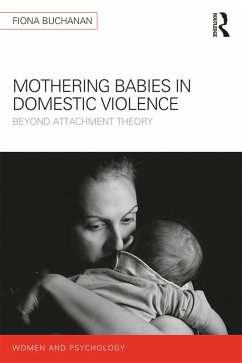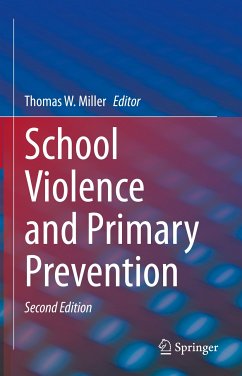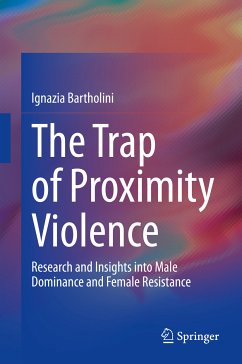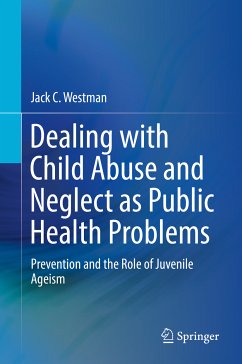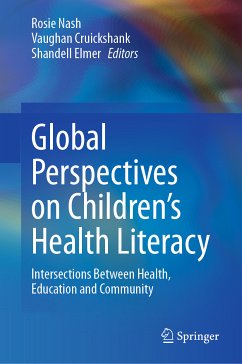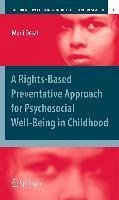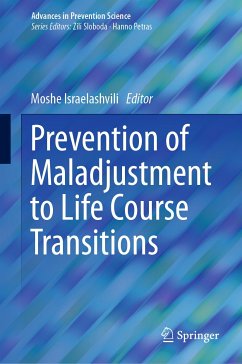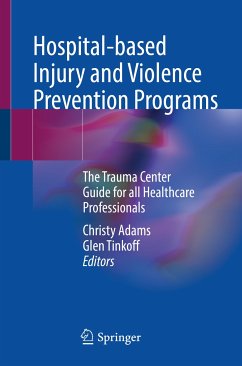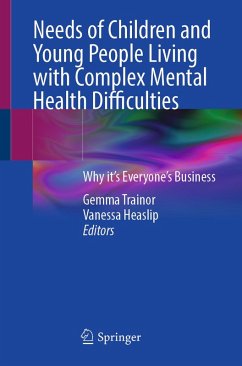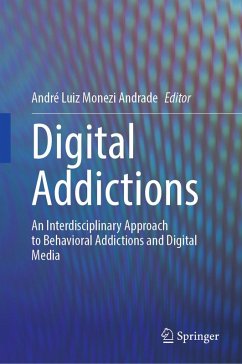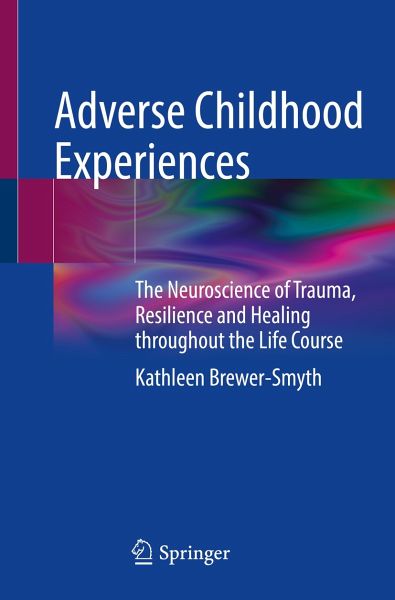
Adverse Childhood Experiences (eBook, PDF)
The Neuroscience of Trauma, Resilience and Healing throughout the Life Course
Versandkostenfrei!
Sofort per Download lieferbar
48,95 €
inkl. MwSt.
Weitere Ausgaben:

PAYBACK Punkte
24 °P sammeln!
The entire world is in crisis with adverse childhood experiences (ACEs) and other lifetime trauma at an all-time high. This book is a valuable resource to promote optimal brain function for everyone, but especially for survivors of trauma who are particularly at risk throughout the life course. It is critical for healthcare providers, schoolteachers and administration, public safety professionals, foster and adoptive parents, employers and loved ones to understand the potential life-long consequences that ACEs can have in the lives of survivors. This book describes the complexities behind why ...
The entire world is in crisis with adverse childhood experiences (ACEs) and other lifetime trauma at an all-time high. This book is a valuable resource to promote optimal brain function for everyone, but especially for survivors of trauma who are particularly at risk throughout the life course. It is critical for healthcare providers, schoolteachers and administration, public safety professionals, foster and adoptive parents, employers and loved ones to understand the potential life-long consequences that ACEs can have in the lives of survivors. This book describes the complexities behind why behaviors occur if hurt people hurt themselves and others.
The first half of this book addresses what can go wrong in the brain and body after trauma that potentially leads to life-long poor bio-behavioral health outcomes. The second half of this book addresses how the life-long poor bio-behavioral health outcomes can be prevented, mitigated or potentially reversed. This book is necessaryfor everyone who is interested in optimizing brain function, especially survivors of ACEs and other trauma throughout the life course who are at greater risk. The major focus of the book is on how to prevent long-term negative consequences of trauma and how to restore the brain, body, behavior and emotions.
This book won four American Journal of Nursing (AJN) Book of the Year Awards. It was awarded 1st place in 3 categories (Community/ Home Health, Creative Works, and Psychiatric/ Mental Health) and 3rd place in the Consumer Health category.
No book has ever won this many AJN awards since AJN first began acknowledging high-quality publications on nursing and healthcare topics in 1969.
The first half of this book addresses what can go wrong in the brain and body after trauma that potentially leads to life-long poor bio-behavioral health outcomes. The second half of this book addresses how the life-long poor bio-behavioral health outcomes can be prevented, mitigated or potentially reversed. This book is necessaryfor everyone who is interested in optimizing brain function, especially survivors of ACEs and other trauma throughout the life course who are at greater risk. The major focus of the book is on how to prevent long-term negative consequences of trauma and how to restore the brain, body, behavior and emotions.
This book won four American Journal of Nursing (AJN) Book of the Year Awards. It was awarded 1st place in 3 categories (Community/ Home Health, Creative Works, and Psychiatric/ Mental Health) and 3rd place in the Consumer Health category.
No book has ever won this many AJN awards since AJN first began acknowledging high-quality publications on nursing and healthcare topics in 1969.
Dieser Download kann aus rechtlichen Gründen nur mit Rechnungsadresse in A, B, BG, CY, CZ, D, DK, EW, E, FIN, F, GR, HR, H, IRL, I, LT, L, LR, M, NL, PL, P, R, S, SLO, SK ausgeliefert werden.



